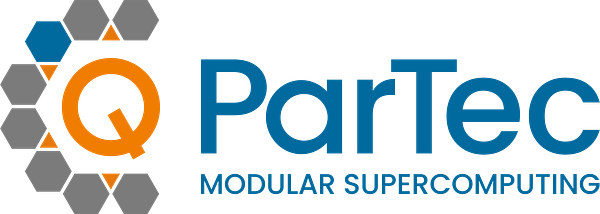
Blog post -
Tech know-how to go: Open source vs. proprietary models of generative AI
The debate about proprietary versus open source development models has been going on in the software industry for decades, well illustrated by the example of Microsoft versus the Linux operating system. For some time now, it has also been taking place for generative artificial intelligence models. What are the advantages (+) and what are the disadvantages (-)? Our tech know-how to go explains.
Proprietary models:
- + customised support and specialist knowledge of the provider
- + High level of reliability
- + Existence of service level agreements (SLAs) and technical support
- + Security standards, especially for business-critical processes
- + Simple integration into the existing infrastructure
- - Higher costs, for example due to licence fees
- - Dependence on one provider
Companies in favour of proprietary models: OpenAI, Microsoft and Google
Open Source:
- + more transparency
- + reduced latency
- + improved because customised performance
- + significantly greater control over own data through open source code
- + lower risk of data breaches or unauthorised access
- + cost efficiency
- - Misuse possible
Companies favouring open source AI models: IBM, Meta, Intel, Advanced Micro Devices, Oracle, ServiceNow, Sony, SoftBank and Dell Technology.
Interesting links:
https://www.techopedia.com/generative-ai-crossroads-open-source-vs-proprietary-models
https://www.marketwatch.com/articles/ibm-meta-open-ai-models-f33c9110


